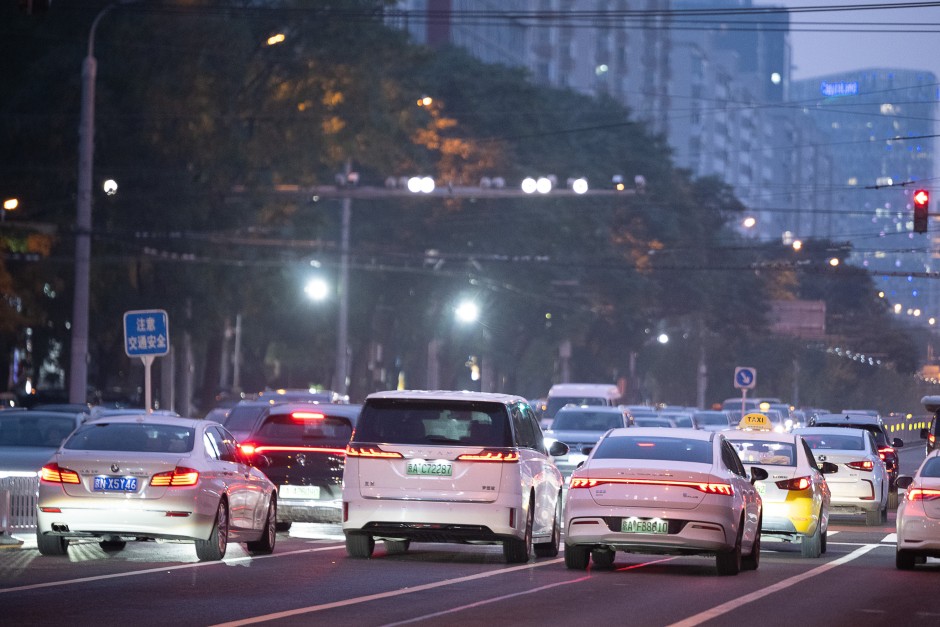
The German auto industry had campaigned for rejection and warned of a global trade conflict.
The EU Commission accuses China of heavily subsidizing the entire value chain for electric cars and thus distorting the market. The authority therefore wants to introduce additional tariffs, which in some cases are expected to be more than 35 percent. However, the 27 EU states have a say in the decision. A sufficient majority of countries can prevent the measure, but this has not recently become apparent. According to the EU Commission, Chinese electric cars are usually around 20 percent cheaper than models manufactured in the EU.
From circles in the Federal Ministry of Economics it was said that they wanted fair competition, but not a trade war with tariffs. To achieve this, Europe must be able to make full use of its negotiating power. “China is acting with full force, Europe must do the same, there is no need to be naive towards China. That's why we thought a different path than “no” would be better.” But this is not a question of faith, but a question of political tactics. The goal must be a negotiated solution that protects one's own interests.
Within the traffic light coalition, the FDP-led ministries of finance and transport in particular had pushed for a German no vote in Brussels. Chancellor Olaf Scholz (SPD) was also critical of possible punitive tariffs.









